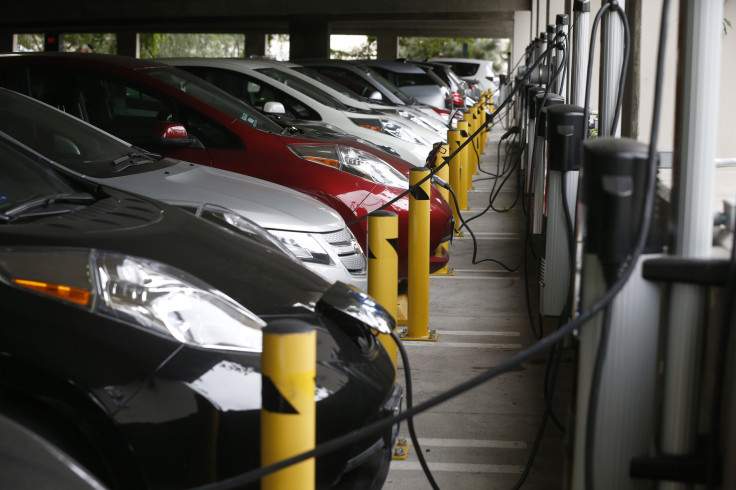Are Consumers Ready For Electric Cars? Automakers May Be Ahead Of EV Buyers

While 2020 is proving to be the year of the electric car, consumers are showing that they may not be ready for the onslaught of electrified vehicles that are set to hit the market.
A total of 5.1 million electric cars are on the roads around the world, according to the International Energy Agency, up 2 million from the year previous. But with 1 billion vehicles being driven today, electric cars only account for 1 percent of the total market, BloombergNEF reported.
Clean energy initiatives are driving electric car offerings, but consumers themselves may not be willing to accept them at the pace the automakers are hoping for. There are tax incentives in place to produce electric cars and for buyers to own one to help the transition.
“In countries around the world, where there is an over-arching commitment towards the environment, the city has been more than willing to provide the charging infrastructure,” Subodh Mhaisalkar, executive director for the Energy Research Institute at the Nanyang Technological University in Singapore, told CNBC.
Charging stations are also popping up all over the world, helping to make it easier for electric car owners to stay charged. Auto manufacturers like Ford have even announced their own charging network to help entice electric car purchases.
However, according to BloombergNEF, these charging stations will cause energy consumption to rise by 6.8 percent by 2040. With 38 percent of electricity still produced from coal it goes against the grain of reducing the earth’s total carbon footprint, CNBC reported.
Some companies have dipped out of the EV market as they don’t see the promise as of it yet. Dyson called off its plans to produce an electric car in October.
Still, automakers are continuing to show their plans for new electric vehicles, and the SEMA Show will most likely be the debut for many more.
© Copyright IBTimes 2025. All rights reserved.





















